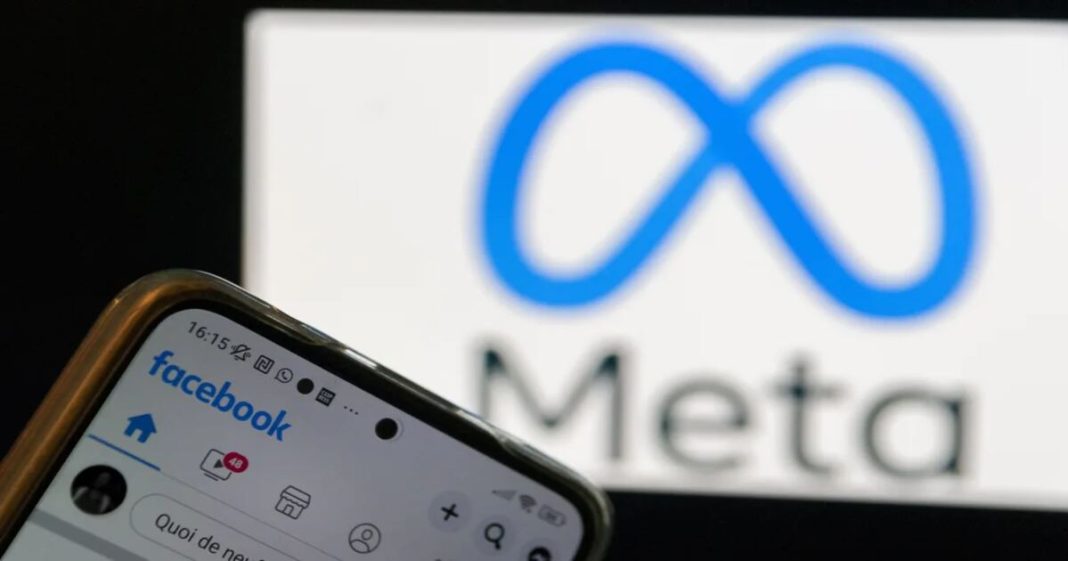Three years after shutting down its facial recognition software due to privacy concerns, Meta is reintroducing the technology as part of a global trial aimed at tackling “celeb bait” scams. This move, however, comes with several privacy safeguards to address regulatory pressures that the company continues to face globally.
Meta’s Crackdown on Celeb-Bait Scams
Scammers have increasingly turned to “celebrity-bait” scams, which use doctored or AI-generated images of public figures to trick users into clicking on fraudulent ads. These ads often lead to phishing websites, designed to steal personal information or solicit money under the guise of investment schemes. To address this, Meta has announced that it will enroll approximately 50,000 public figures into a trial that uses facial recognition technology (FRT).
Read More: Fresh wave of layoffs announced at Meta Platforms Inc
Under this system, Meta’s software will compare profile pictures of enrolled celebrities with images used in suspected scam advertisements. If a match is confirmed, the scam ad will be blocked. This trial is set to begin globally in December, but it will not include large jurisdictions where regulatory clearances are still pending, such as the UK, European Union, South Korea, and U.S. states like Texas and Illinois.
Celebrity Protection with Opt-Out Options
Meta emphasized that public figures enrolled in the trial would receive notifications and could choose to opt out if they do not wish to participate. Monika Bickert, Meta’s vice president of content policy, explained the company’s aim: “We want to roll out as much protection as we can for them. They can opt out if they want to, but we want to make this protection available and easy for them.”
Despite the company’s assurances, the trial shows Meta’s delicate balancing act—using potentially invasive technology to fight fraud while attempting to maintain user trust. The company continues to face skepticism, given its history with user privacy issues.
Privacy Concerns and Safeguards
Meta’s reintroduction of facial recognition technology raises concerns, given the company’s prior legal challenges. In 2021, Meta discontinued its facial recognition system, citing “growing societal concerns,” and deleted face scan data of a billion users. Yet, in 2024, Meta was ordered to pay $1.4 billion to settle a Texas lawsuit accusing it of illegally collecting biometric data.
To address concerns, Meta has promised that any facial data generated during the new trial will be immediately deleted after its one-time comparison with the suspected scam ad. The company has also subjected this tool to its internal privacy and risk review process and held discussions with regulators, policymakers, and privacy experts before launching the trial.
Expanding Facial Recognition for Account Recovery
Beyond scam prevention, Meta plans to test facial recognition for a new purpose—account recovery. The company is trialing the use of video selfies to help users regain access to accounts that have been hacked or locked due to forgotten passwords.
Currently, users need to verify their identity using an official ID or certificate to recover a compromised account. The new method involves submitting a video selfie, which Meta’s facial recognition software will compare with the profile pictures on the locked account. Meta promises that all facial data used in this process will be immediately deleted, regardless of whether a match is confirmed.
Global Rollout Excluded from Some Jurisdictions
While Meta is launching the trial globally, regulatory restrictions have blocked its introduction in key regions. Britain, the European Union, South Korea, and U.S. states like Texas and Illinois are among the jurisdictions where Meta is not authorized to deploy facial recognition software due to existing legal and regulatory concerns.
Read More: Meta’s new AI creates realistic videos and audio from prompts
Meta continues to negotiate with regulators in these regions, but the company has stated that it will not move forward without the required clearance.














